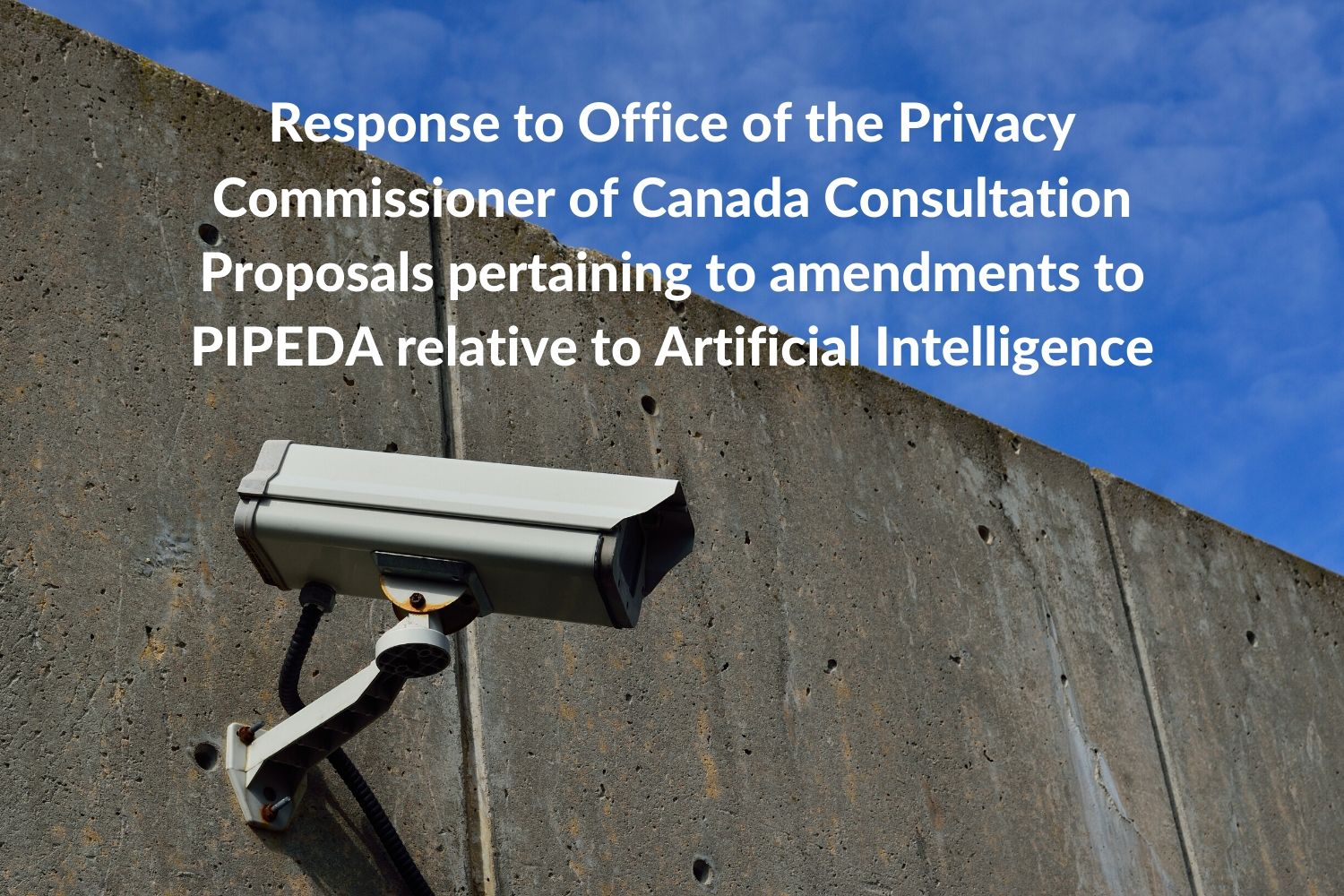
Prepared by:
- Mirka Snyder Caron, Sr. Associate, MAIEI
- Abhishek Gupta, Founder, MAIEI and ML Engineer, Microsoft
To read the full 78-page consultation including a summary in PDF form (including community insights), click here.
To read just the 17 pages of community insights, click here.
Below is the introductory summary:
In February 2020, the Montreal AI Ethics Institute (MAIEI) was invited by the Office of the Privacy Commissioner of Canada (OPCC) to provide for comments both at a closed roundtable and in writing on the OPCC consultation proposal for amendments relative to Artificial Intelligence (AI), to the Canadian privacy legislation, the Personal Information Protection and Electronic Documents Act (PIPEDA).
The present document includes MAIEI comments and recommendations in writing. Per MAIEI’s mission and mandate to act as a catalyst for public feedback pertaining to AI Ethics and regulatory technology developments, as well as to provide for public competence-building workshops on critical topics in such domains, the reader will also find such public feedback and propositions by Montrealers who participated at MAIEI’s workshops, submitted as Schedule 1 to the present report. For each of OPCC 12 proposals, and underlying questions, as described on its website, MAIEI provides a short reply, a summary list of recommendations, as well as comments relevant to the question at hand.
We leave you with three general statements to keep in mind while going through the next pages:
1) AI systems should be used to augment human capacity for meaningful and purposeful connections and associations, not as a substitute for trust.
2) Humans have collectively accepted to uphold the rule of law, but for machines, the code is rule. Where socio-technical systems are deployed to make important decisions, profiles or inferences about individuals, we will increasingly have to attempt the difficult exercise of drafting and encoding our law in a manner learnable by machines.
3) Let us work collectively towards a world where Responsible AI becomes the rule, before our socio-technical systems become “too connected to fail” .
Best,
The Montreal AI Ethics Institute
To read the full 78-page consultation in PDF form, click here.
